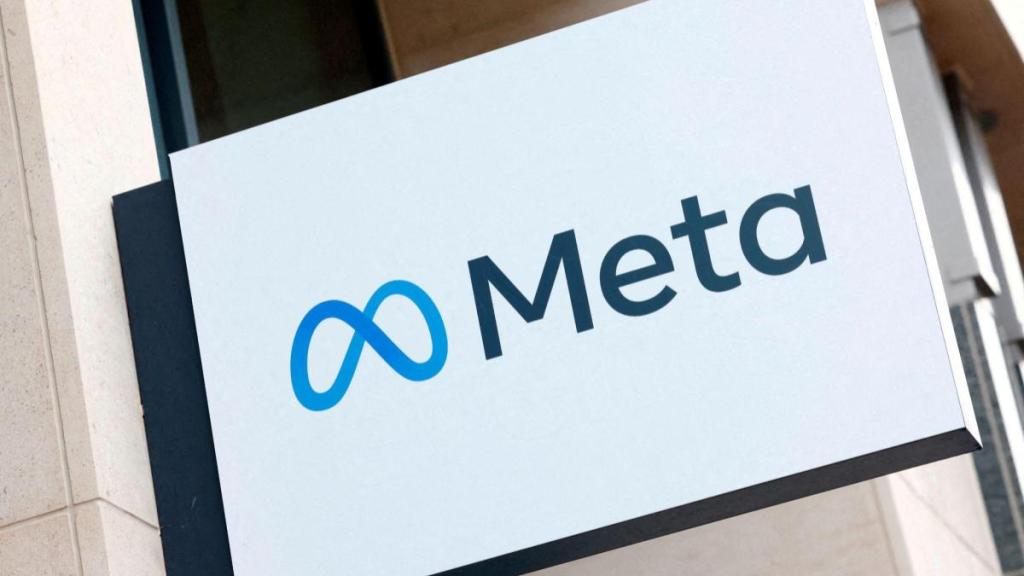Meta kicked off what its CEO Mark Zuckerberg called an “intense year” by laying off 3,600 employees on Monday, labeling them as “lowest performers”. However, many affected workers are pushing back, arguing that the term is misleading and does not reflect their contributions.
The layoffs, which had been anticipated since January, are part of Meta’s strategy to raise performance standards and conduct “more extensive performance-based cuts”, Fortune reported quoting an internal memo. Yet, as employees received termination notices, confusion and frustration erupted across LinkedIn, with several workers disputing the low performer label.
One such employee, Steven S, now a former Product Designer at Instagram, shared his disappointment on LinkedIn. “I was let go today—but not because I was a ‘low performer,’” he wrote. He argued that these layoffs were more about business strategy than actual employee performance.
“I worked hard this past year. I contributed, collaborated and did my best to push my team and our work forward,” he stated, adding that layoffs are often based on high-level business decisions rather than individual merit.
Meta is not alone in blaming performance issues for its latest round of job cuts. Microsoft has also announced that it will target low performers in upcoming layoffs. This marks a shift from previous tech industry layoffs, which were mainly attributed to cost-cutting measures rather than individual employee performance.
Another affected employee, Elana Reman Safner, who spent over three years as a product counsel at MetaWorks, was among those laid off this week.
Taking to LinkedIn, the US-based Safner criticised Meta’s decision, asserting that her termination had nothing to do with performance. Instead, she described herself as “collateral damage” of Mark Zuckerberg’s “newfound masculine energy” and openly stated that she wouldn’t miss certain aspects of working at the company.
In her post, Safner revealed that she was laid off just weeks after returning from a six-month maternity leave. She suggested that despite Meta’s claims of targeting underperforming employees, the company appeared to be singling out those who had recently taken extended leaves.


